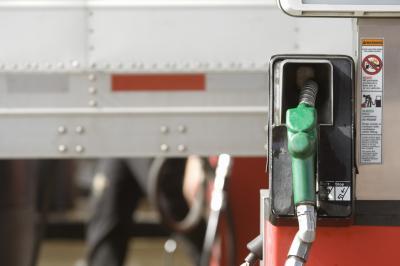
Volatility refers to how easily a fuel vaporizes. It affects how easily you can start your car, warm it up, and how well it runs. Diesel fuel comes in two basic grades, each with a different volatility. Automobiles use one and large trucks do better on the other.
Automobiles run better on 1-D, or number 1 diesel. Its greater volatility makes it more responsive and suitable for smaller vehicles, which are subject to more variability in speed and load.
Trucks use number 2 diesel, whose lower volatility makes for harder starts in cold weather, but better suits larger engines that are subject to higher loads and steadier speeds.
Lower-volatility fuel is more stable. The lower volatility of diesel compared to gasoline makes it a safer and more stable fuel to handle.
Flash point refers to the lowest temperature at which a fuel will vaporize and ignite. Flash point and volatility vary inversely. The lower the flash point, the higher the volatility. Gasoline has a higher volatility than diesel.
The lower volatility of diesel compared to gasoline results in emissions lower in carbon monoxide and hydrocarbons, although cold weather makes diesel engines more difficult to start.